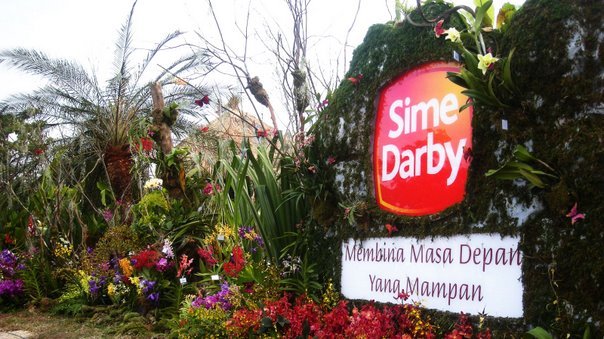"Biofuels are one of the only renewable alternatives we have for transport fuels, but current policies and targets that encourage their uptake have backfired badly," said Prof Joyce Tait, at Edinburgh University, who chaired the 18-month inquiry by the independent Nuffield Council on Bioethics (NCB). "The rapid expansion of biofuels production in the developing world has led to problems such as deforestation and the displacement of indigenous people."
The need to meet rising biofuel targets has also led to exploitation of workers, the loss of wildlife and higher food prices, the inquiry found. Under the European Union's renewable energy directive, 10% of transport fuel must come from renewable sources such as biofuel by 2020. Alena Buyx, assistant director at the NCB, said: "If you look at food prices and they go up and incomes do not, then more people will probably die from hunger, and biofuels are one contributing factor to those price rises." Biofuels also contribute to poor harvests, commodity speculation and high oil prices which raise the cost of fertilisers and transport, she added.
"But doing nothing is also immoral," said Prof Ottoline Leyserof Cambridge University, and another member of the NBC working party. There is a clear need to replace liquid fossil fuels to limit climate change and if a new biofuel technology meets ethical conditions, there is a duty to develop it, she said.
The main transport biofuels that are currently used – bioethanol, made from maize and sugar cane, and biodiesel, made from palm and rape seed oil – both come from food crops and can have substantial ethical problems, the inquiry concluded.
But future generations of biofuel, made from agricultural waste such as straw, fast-growing perennials such as willow or miscanthus grass, or even algae grown in tanks, could avoid many of the problems by not competing directly with food. "These are very exciting technologies," said Leyser. "The potential is huge."
In the UK, 5% of transport fuel must come from renewable sources by 2013. Today, 3% of the UK's petrol and diesel comes from biofuel, mostly produced in Argentina, Brazil and other European countries. But in January, it was revealed that two-thirds of the biofuel being used in the UK today failed to meet environmental standards. Government cuts to the budget of the Carbon Trust also saw a flagship algal biofuels project cancelled.
The Department of Transport is currently consulting on changes to the UK's biofuels regulations. Transport minister Norman Baker said: "It has already been agreed that no biofuel will count towards European renewable energy targets unless it meets certain sustainability requirements. But we are pushing the European commission to go further. Be in no doubt, we consider the sustainability of biofuels to be paramount."
An international certification scheme, like the Fairtrade scheme for food, must be introduced, the NCB inquiry concluded. It would guarantee that the production of biofuels met the five ethical conditions identified by the NCB: observing human rights, environmentally sustainable, reduced carbon emissions, fairly traded and equitably distributed cost and benefits.
Targets for biofuels had driven a rapid expansion, in parts of the world with lower ethical standards, the researchers said. They cited the destruction of rainforest in Malaysia to produce palm oil, forcing people off their land and endangering orangutans, and a 2008 report by Amnesty International which found conditions near slavery for workers in some sugarcane plantations.
"We should slow down [the targets] if it is not possible to meet ethical standards," said Buyx. "But we think it is possible to do that [meet such standards] if enough pressure is applied." The inquiry found positive examples too, such as small-scale biofuels initiatives that provide energy, income and livelihoods in fuel-poor areas, such as in rural Mali.
Existing certification schemes, such as that run by the Roundtable on Sustainable Biofuels were a good start, the researchers said, but remained entirely voluntary. There was also problem of responsible biofuel producers having to conform to many different standards. At present, said Buyx: "the EU says each member country should make their own voluntary scheme - that is madness."
Tait added: "An international certification scheme will not add to red tape, it will simplify it with one overarching standard."
Roundtable on Sustainable Biofuels





































